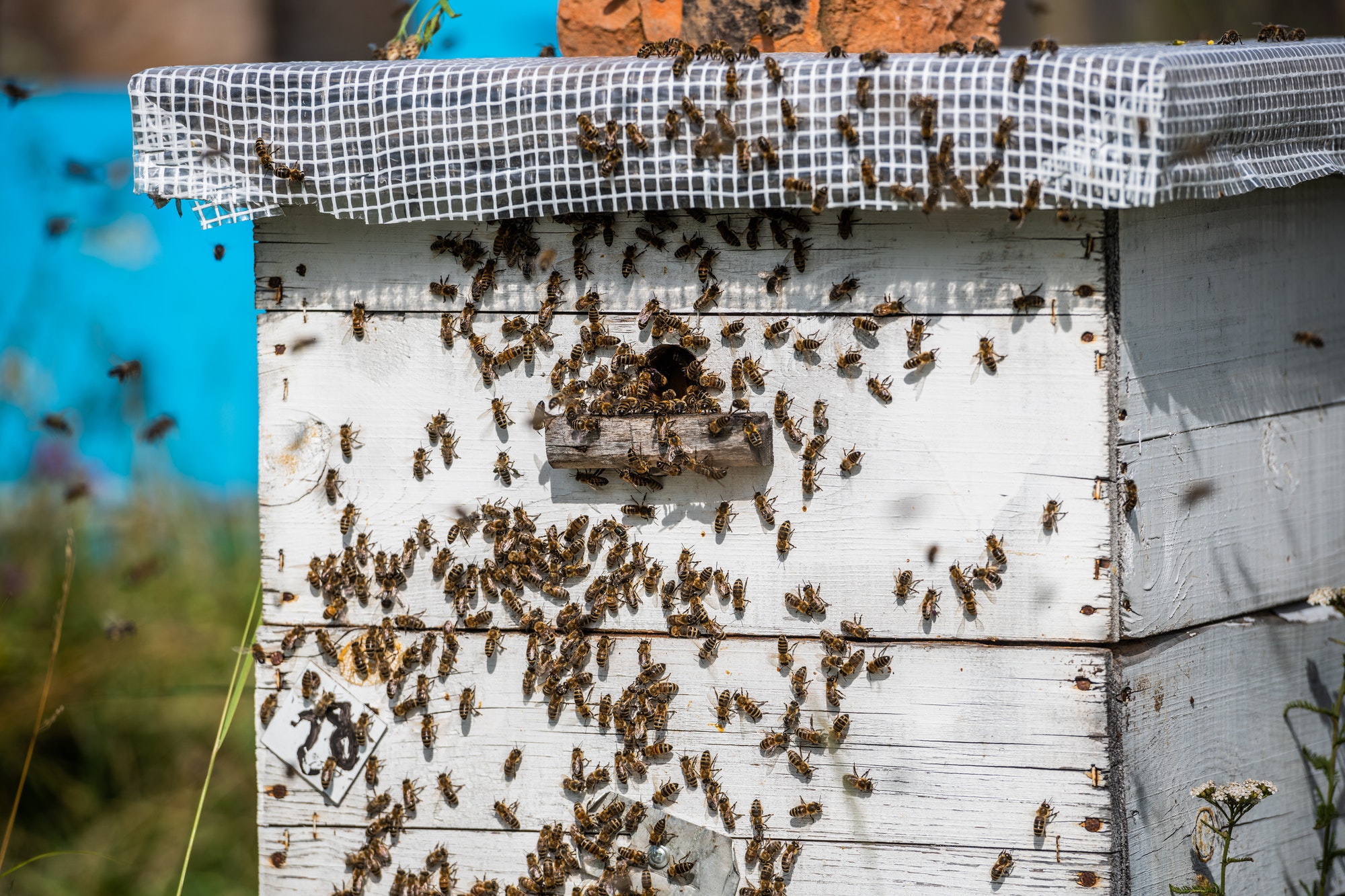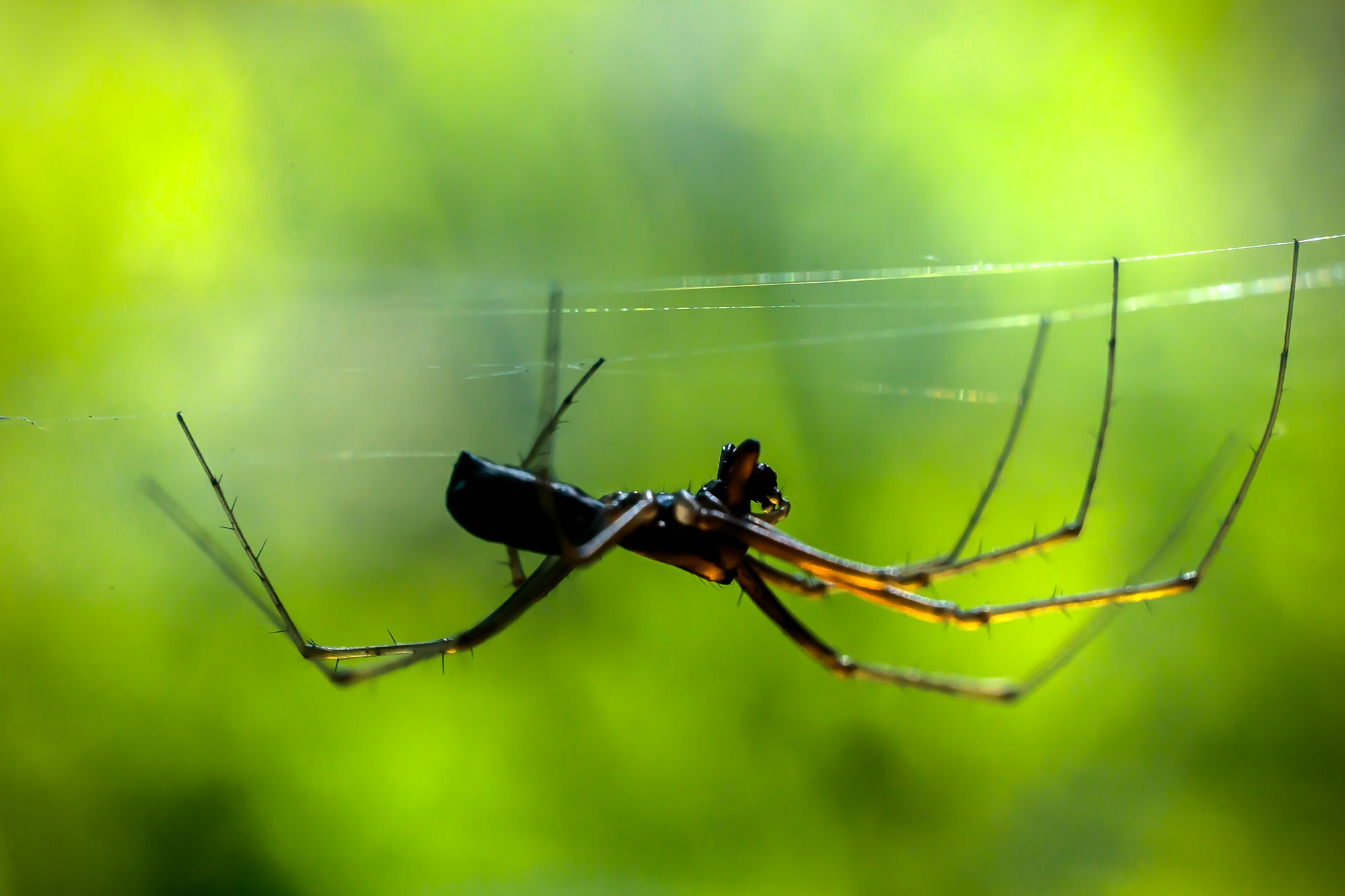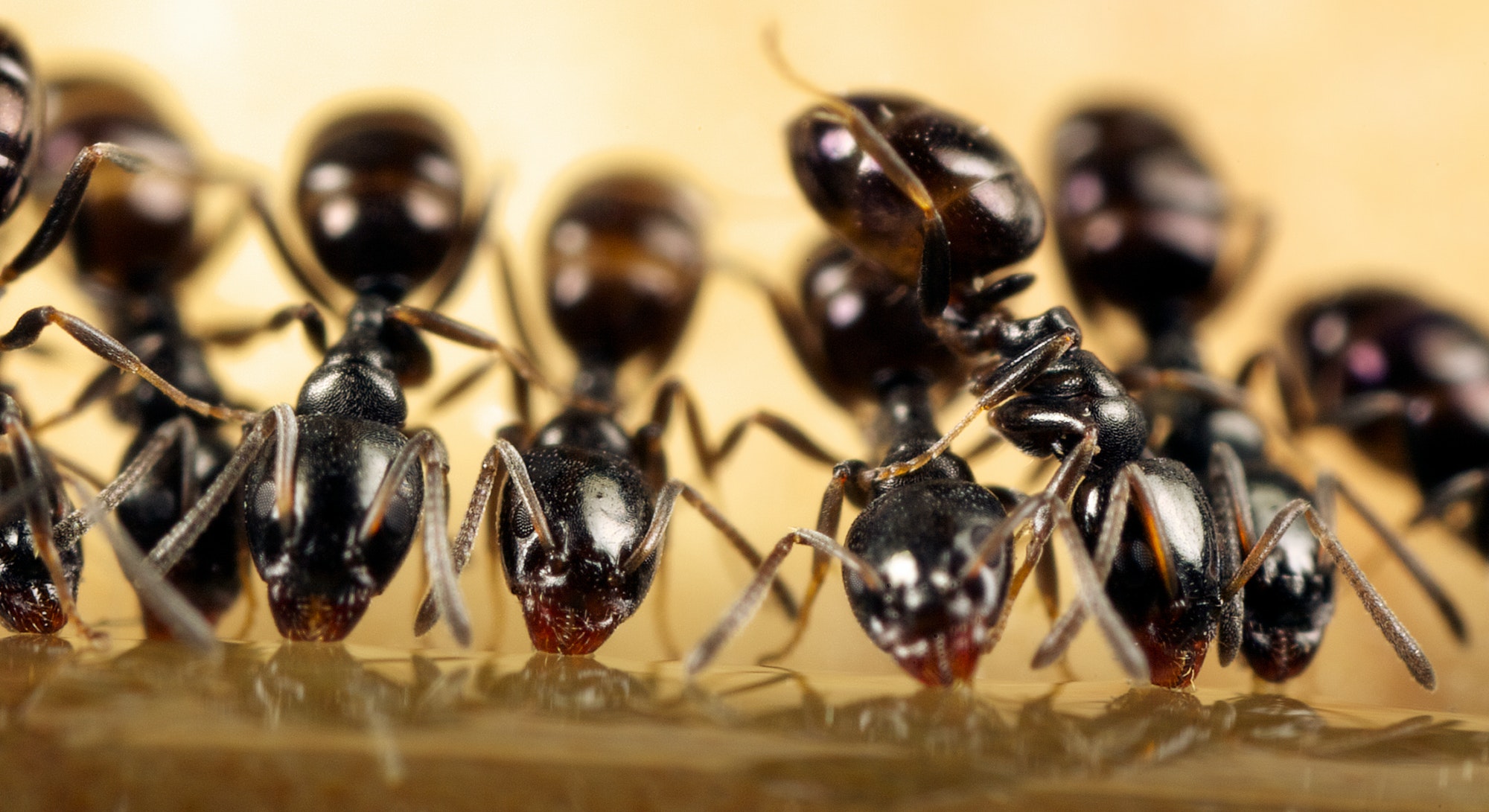Why Bees Are Important For The Ecosystem?
A major part of my childhood was spent outdoors. Here my brother and I studied many different types of fascinating insects. This was where my love for insects, especially bees started. It comes as a surprise to plenty of people that even at a young age I was not afraid to hold bees in my hand. Many people have a fear of bees.
However, bees should not be hated, they should be seen as friends. Bees pollinate our food, pollinate other plants, and help other insects and animals in the environment.
One reason that bees are so valuable is they pollinate our food. A big misconception is that bees only give us honey. This is a misconception that needs to be fixed immediately. Bees are estimated to pollinate around 70 out of 100 of the crop species that feed around 90% of the human population.
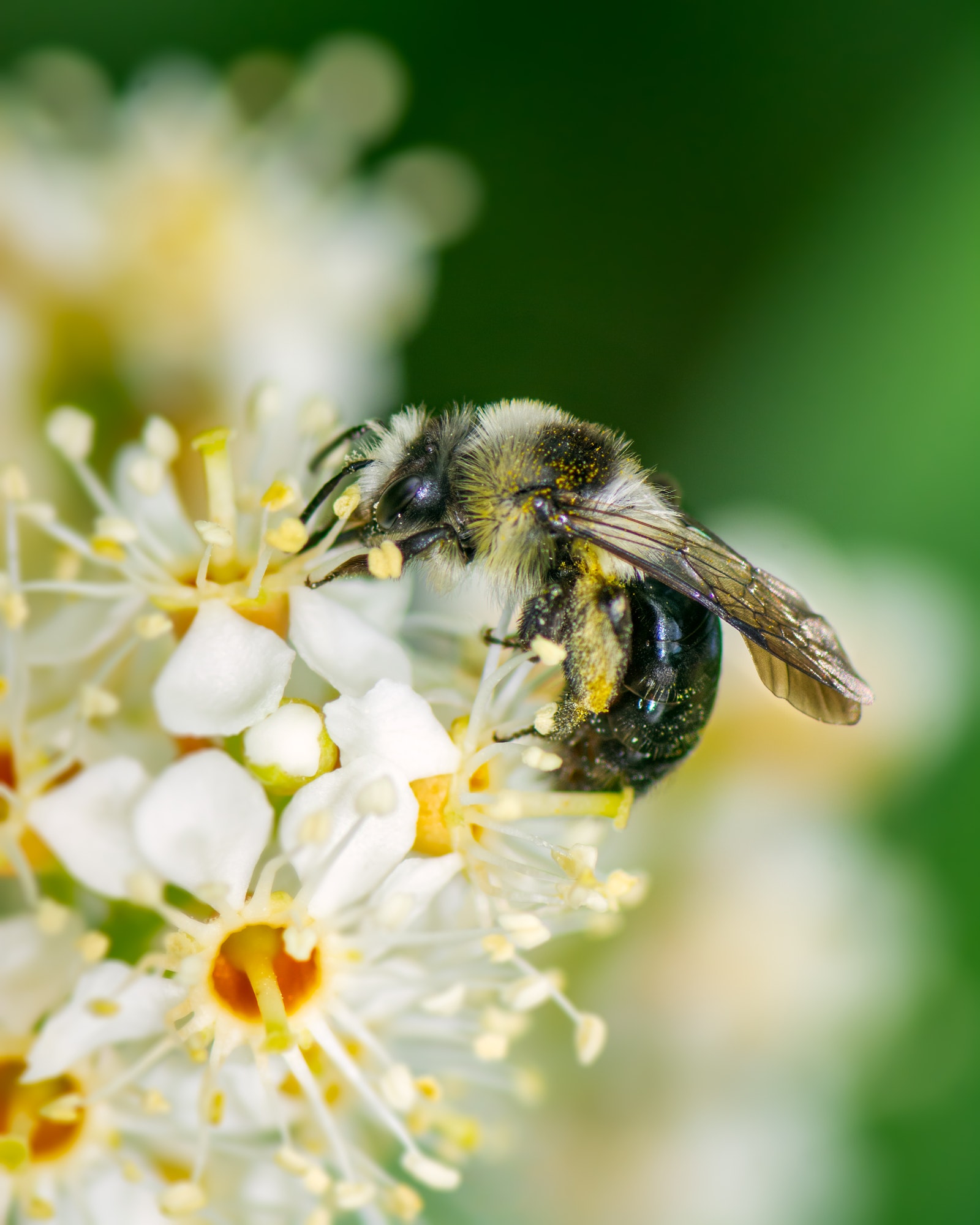
They aid almost $20 billion each year to the food production economy in the United States. Without bees, we would have a lack of apples, broccoli, celery, cucumbers, cantaloupe, onions, lemons, and so much more.
This could cause over half of our vegetables and fruits to be unavailable. Therefore, we need to save the bees so we can continue having these fresh produce items in our grocery stores to feed our families.
Bees also have the role of pollinating other plants, not just the ones we eat. In some places 80% of wildflowers require pollination. This means that without bees a great majority of plants would not survive. As a result, our colorful outdoors would be a great deal less colorful. This would also drastically damage many ecosystems all around the world.
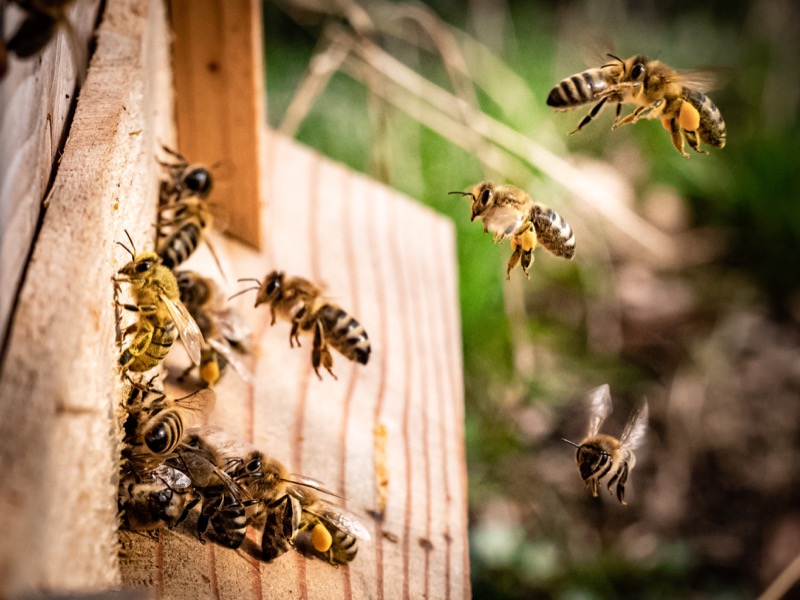
Bees do not only just help plants, they also help other insects and animals. As bees pollinate a variety of ecosystems just as tropical, woodlands, temperate, and even just gardens they help build homes for the organisms living there. For example, bees pollinate trees where squirrels live. Without a home, squirrels would be in great danger. However, that is just one of the countless examples.
In addition to providing homes for animals, bees also provide them with food. A singular bee can visit 5,000 flowers a day. Plants are typically the basis of a food web. As a result of this if the plants are not pollinated it will leave the other animals without food. These include animals that are included in the human diet. With these plants and animals gone, it would be a very real struggle to feed the 7.5 billion people that live on Earth.
To conclude, bees are a vital part of the environment. Their existence helps provide for a great deal of our food production. They also benefit other insects and animals in many different habitats. From April 2018 to April 2019, 40% of the managed bee population decreased. This continuance of the bee population declining is unacceptable. Too many people are misinformed on bees and have a negative attitude towards them. It is important that we educate others on how much bees are needed.
